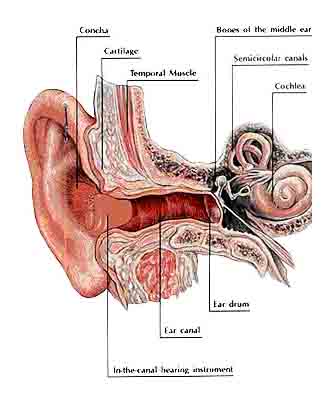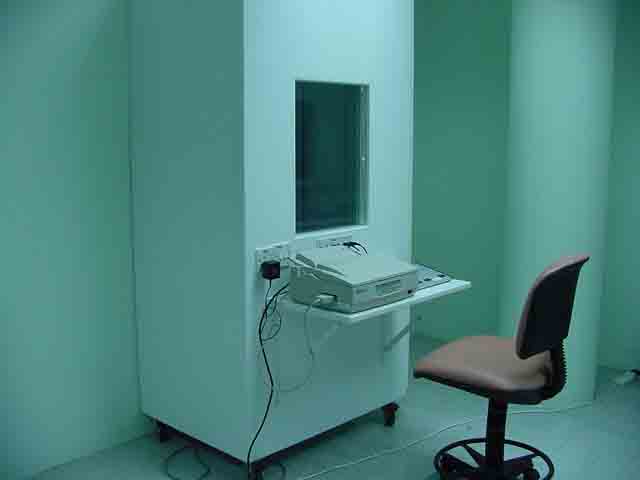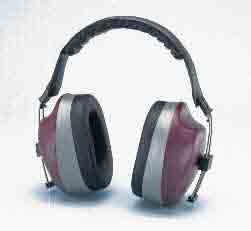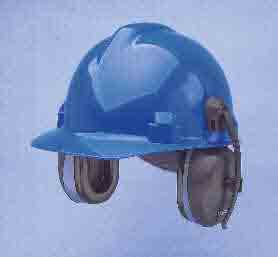Introduction
Noise is an unwanted and undesirable sound. Exposure to high level of noise can lead to hearing loss.
What is occupational noise induced hearing loss?
Hearing loss as a result of exposure to noise at the workplace.
There are two types of occupational noise induced hearing loss :
- Acoustic trauma (Sudden damage to the ear following sudden exposure to very loud noise)
- Long term effect following exposure to noise
Workers at risk
What type of workers are at risk of developing noise induced hearing loss?
Examples of high risk workers are:
- Textile mill workers
- Steel plant workers
- Quarry workers
- Army, police officers involving in shooting
- Food processing industries workers
- Airport workers
- Metal industry workers
- Furniture industry workers
Signs & symptoms
- What are the usual complaint experienced by the person having noise induced hearing loss?
- Reduce hearing in one or both ear
- Ringing or buzzing sound, which is also called ‘tinnitus’
- Will there be any changes which can be seen in the ear?
The ear normally does not show any physical changes. There will be no ear discharge and the ear drum looks normal as well.
Complications
Is noise induced hearing loss permanent?
It is a permanent condition since the nerve in the cochlea has been damaged. The nerve cannot regrow. (See diagram of ear)

Diagnosis & treatment
How can I confirm that I have noise induced hearing loss?
You can see doctor who will check your ear using a special tool and also perform audiometry test.
What is audiometry test?
It is a special test to confirm that you have hearing loss. This will be done in a special booth called ‘audiometry booth’.
This will be conducted by a competent person. You must be free from noise for at least 14 hrs before the test.

What should I do if I have noise induced hearing loss?
- Seek further treatment from Ear, Nose & Throat (ENT) Specialist
- Report to your employer
What are the treatment options for hearing loss?
- Hearing aid
- Surgery
Can I still perform my current work if I have noise induced hearing loss?
Yes you can. Provided a doctor has made a medical assessment called ‘fitness to work’ and find you fit to continue.
The decision made is based on several factors such as:
- You are no longer expose to high level of noise at workplace
- Your work performance is not affected by your inability to hear properly
- Other people and you are not at risk of injury because of your inability to hear properly
Prevention
What can I do if my workplace is noisy?
- Inform the employer about the problem
- Ask employer to measure the noise level at workplace
- Make sure employer implement suitable and adequate noise control measure at workplace such as silencer, isolation of noisy machine, automation of machine and use of personal protective equipment such as ear plug/ear muff.
|
|
|
|
Ear Muff
|
|

Ear Plug
Notification
According to Occupational Safety and Health (Notification of Accident, Dangerous Occurrence, Poisoning and Occupational Diseases) Regulation 2004, it is the responsibilities of :
- Employer
- Attending medical practitioner
To notify occupational diseases to Department of Occupational Safety and Health.
Contact address
For further information, please e-mail to: ohealth@dph.gov.my
| Last Reviewed | : | 26 April 2012 |
| Writer | : | Dr. Sirajuddin Hashim |
| : | Dr. Nor’Aishah Abu Bakar | |
| : | Dr. Abu Hassan Shaari Abd Kadir | |
| Reviewer | : | Dato’ Dr. Narizan Ariffin |









